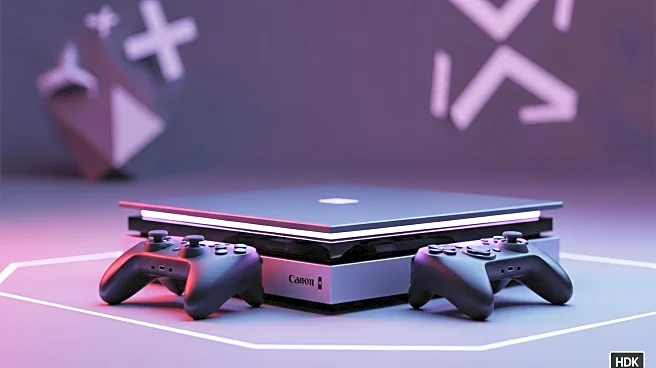What's Happening?
Nintendo is experiencing criticism over its pricing strategy for Switch games, particularly the re-releases of Super Mario Galaxy and Metroid Prime 4. The pricing for these games varies significantly between the Switch 1 and Switch 2 versions, with Metroid Prime 4 priced at £58.99 for Switch 2 and £49.99 for Switch 1. The Mario Galaxy bundle for Switch 1 is priced similarly to Metroid Prime 4, despite being older games. This has led to confusion and frustration among consumers, who question the logic behind Nintendo's pricing decisions. The company claims that pricing is based on the overall experience and value proposition, but many fans remain unconvinced.
Why It's Important?
The pricing controversy highlights the challenges Nintendo faces in balancing consumer expectations with business strategy. High prices for older games could alienate long-time fans who feel they are being overcharged for nostalgic experiences. On the other hand, Nintendo's approach may reflect a broader industry trend where companies capitalize on the enduring popularity of classic titles. This situation could impact Nintendo's reputation and sales, as consumers may opt for alternative gaming options or wait for price reductions. The backlash also underscores the importance of transparent pricing strategies in maintaining consumer trust.
What's Next?
Nintendo may need to address consumer concerns by providing clearer explanations for its pricing strategy or adjusting prices to better align with market expectations. The company could also explore offering discounts or bundles to incentivize purchases. As the gaming industry evolves, Nintendo's pricing decisions will likely influence its competitive standing and consumer loyalty. Stakeholders, including gamers and industry analysts, will be watching closely to see how Nintendo navigates this issue and whether it impacts future game releases.











